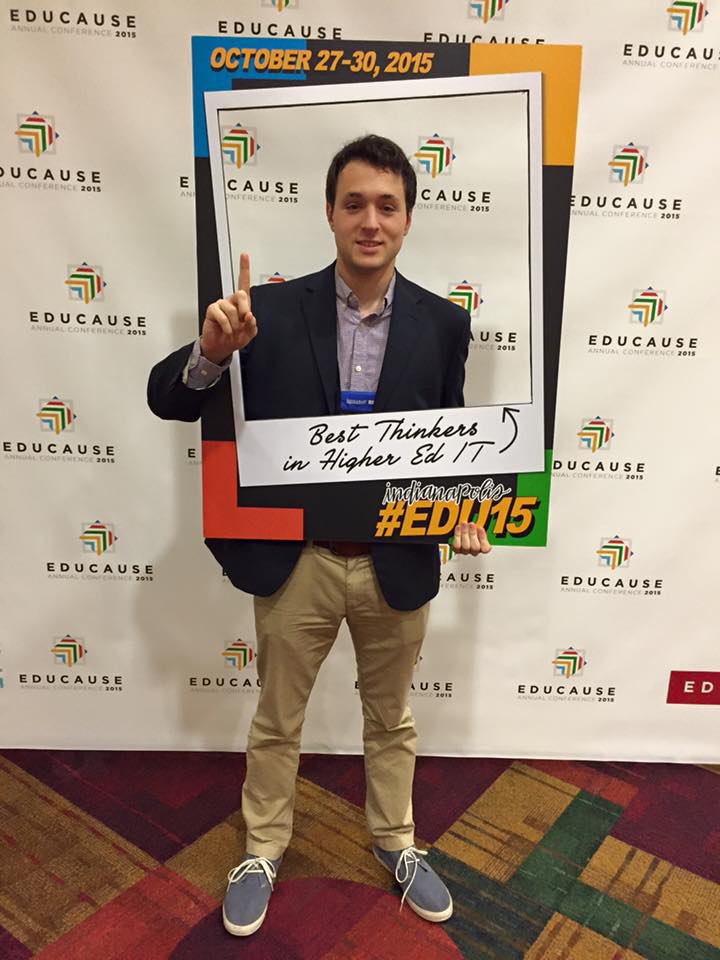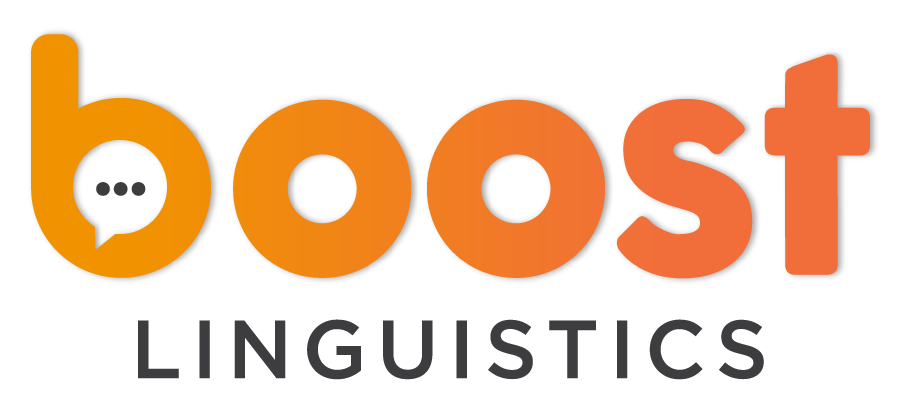Preview
Since 2010, Peter Adamson has been at work on a monumentally extensive series of podcasts designed to deliver the history of philosophy “without any gaps”. The podcast collection now extends from Thales through early Christian philosophy, medieval philosophy (with especially strong coverage of Islamic philosophers), and into Indian philosophy. Averaging from 15-20 minutes in listening time, all podcasts are available here:
Preview
With this book, handsomely produced by Oxford University Press, Adamson moves these podcasts into print with only the most minor of changes (a very occasional word substitution). The podcasts translate into individual chapters of 5-10 pages.
The podcast is a medium typically enjoyed under conditions of some degree of distraction: running on a treadmill, washing the dishes, waiting for a plane, actually suffering through air travel. For that reason the podcasts that work best employ a somewhat simpler mode of conceptual delivery than books, to which we usually try to bring our A-game in terms of concentration.
Adamson’s podcasts are pleasantly read from a script verbatim, and are more challenging than a typical podcast but less demanding than a typical book. Reading them in book form, therefore, is a mixed experience. The level of analysis and interpretation is unavoidably thinner than we typically expect when reading histories of philosophy.
Given the burdensome scope of the project Adamson is imposing on himself, he frequently attempts to lighten the mood through humor, including individual podcast and chapter subtitles such as these: “All You Need is Love, and Five Other Things: Empedocles” (64), “We Don’t Need No Education: Plato’s
Meno (123)”, “God Only Knows: Aristotle on Mind and God” (278). Sometimes he seems to be addressing a younger reader, as when he refers to Anaximander’s structured cosmos as “pretty cool” (11). He also employs lightening devices such as a somewhat tone- deaf running joke about
James Brown’s dancing that adversely affects the chapter entitled “Soul Power: Aristotle’s On the Soul” (250). And there are puns—so many puns. The cumulative effect of the puns alone is that of being repeatedly dug in the ribs by a mischievous sibling.
Beginning a history of philosophy ‘without any gaps’ with Thales might seem odd, since at least as regards a written tradition, Thales is mostly one enormous gap. Adamson explains the widespread choice of Thales to begin western philosophy as follows: “(H)e was the first person to gain a reputation for the sort of independent analysis of nature we describe as ‘scientific’” (6).
The chapters all aim at providing entry-level discussions while not avoiding complexities—a difficult balancing act, and one at which Adamson is quite skilled. The approach is least well exemplified when treating individual dialogues of Plato, where it tends to devolve into play-by-play paraphrase of the form, “And then he said . . .” For example, “Here Critias makes a surprising move . . . This leaves Socrates more confused than ever . . . (etc.)” (111). In chapters like these, it is hard not to conclude that the reader would be better served by just reading the dialogue.
However there are some really significant strengths. Chapter 11 on the Hippocratics (“Good Humor Men: The Hippocratic Corpus”) and Chapter 12 on the Sophists present treatments that are both nuanced and sympathetic.
Adamson is at his best when he abandons the text-by-text organizational scheme and the attempt to cover individual texts from front to back. Thus, Plato’s
Republic gets two chapters, 21 and 22, and takes up only two themes but those of enormous importance: justice, and the Allegory of the Cave. Adamson is able in these two chapters to provide important textual and conceptual beacons that would be of significant help to a reader who ventures further into the work itself.
The chapters on Aristotle’s logic (30 and 31) do a wonderful job of explaining the relation of the several logical works in the Aristotelian corpus to one another; I have never seen this done so well or so clearly. Adamson discusses Aristotle’s
Categories,
On Interpretation,
Prior Analytics, and
Posterior Analytics, giving a surprising amount of clear coverage in chapters that add up to only 14 pages. Every student or reader who enters into these challenging texts, and every instructor who takes on the fearsome responsibility of teaching them, would be benefitted by a careful reading of these two chapters.
Also very strong are two thematic chapters on Plato: Chapter 26 on the
Timaeus, and Chapter 28 on Plato’s use of poetry and myth. Here Adamson is at his best, making the philosophical issues fresh and enticing, giving enough analysis to equip a reader to appreciate what is at stake and the tools to venture further.
The penultimate Chapter 42, “Anything You Can Do: Women and Ancient Philosophy” devotes 8 pages to the sadly few names of women philosophers that have come down to us (e.g. Perictione, Theano, Aspasia) with appropriate circumspection as to the authenticity of claims made about them. It also reminds us of some key texts in previously discussed male philosophers which have implications for ancient views on sex and gender.
In summary, there are real treasures here. These are the same as those that are available on the website noted in the first paragraph of this review. (The website has recently made all podcasts searchable by theme.) This fact makes me wonder about the thinking behind Oxford University Press’s decision to publish the podcasts in book form.
However there is no question that Adamson has done, and is doing, the discipline of philosophy an enormous service with his huge and growing collection of podcasts. The website has a ‘comments’ section below each individual recording, and there are numerous loyal and faithful listeners who give heartfelt thanks, or ask questions that Adamson frequently answers. Through prodigious labor, he has opened doors, and opened a dialogue with the wide world concerning the history of philosophy that is invaluable and he is to be warmly thanked for this.





